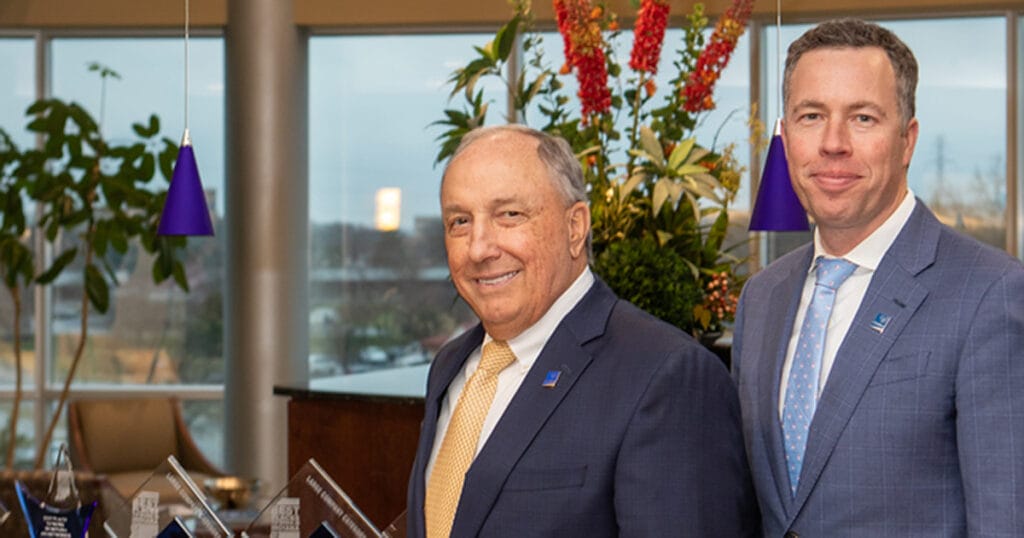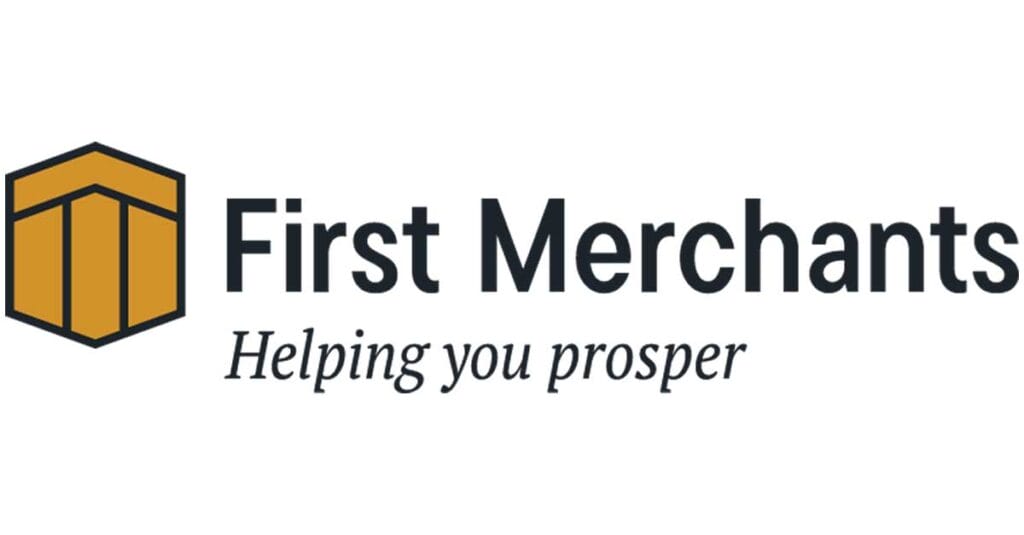by Kathy McKimmie
Wide-ranging education and training programs have been put in place by Merrillville based Centier Bank to help both children and adults learn how to manage money and credit and to help those who have been disenfranchised from the banking system make their way in.
The bank's formal initiative started seven years ago when president and CEO Mike Schrage recognized the need in the community and created a financial literacy coordinator position.
Dian Reyome, with a background in education and marketing, was tapped for the job. “Centier has given me a really long rope to try lots of things,” she says.
Reyome is quick to add that she hasn't done it all herself, that she has brought programs and people together and coordinated an effort that is reaching thousands in Northwest Indiana. She has turned to existing and proven programs created by the FDIC, the Federal Reserve, the American Bankers Association and others to jumpstart her efforts.
Her first endeavor was reviewing FDIC materials to see what might be usable in Indiana classrooms to reach young people. “But they needed to be correlated to state standards,” she says.
After working with the Indiana Department of Education to make sure the FDIC material was suitable for the classroom, she began training teachers at Centier's Financial Literacy Fair for Educators–a train-the-trainer approach–reaching 30 to 50 educators a year.
The fifth fair was held in March at the Centier Centre in Merrillville and has been expanded to include more than classroom teachers. Reyome says there are educators in many other organizations involved, including Habitat for Humanity, United Way and the Hammond Housing Authority.
Another FDIC initiative Reyome tapped into is the Alliance for Economic Inclusion, an effort to reach individuals who are unbanked–those who never had or have lost a banking relationship due to problems and overdrafts. “These individuals will increase their income instantly because they'll no longer be paying these horrible charges at check-cashing places,” she says.
Centier became involved with an Indianapolis-based program for the unbanked three years ago, and Reyome says that has morphed into a regional program this year called Bank On Northwest Indiana. It's a collaborative effort with three other banks–Citizens Financial, First Midwest and Peoples.
At a kickoff in April involving the banks and the FDIC, Lake Area United Way, Northwest Indiana Community Action Corp. and the Indiana State Treasurer's Office, the FDIC said about 21,700 households in Lake, Porter, LaPorte, Newton and Jasper counties are unbanked. The group set a goal of getting 1,000 of those households banked within a year and reaching 1,500 with education programs.
That goal is achievable, Schrage says, considering Centier alone opened 350 eligible accounts for people in 2010, and expects to open another 400 this year.
Potential customers are reached through jointly sponsored quarterly financial literacy programs held on university campuses to help consumers learn how to better manage their money, set and stay on a budget, manage a checking account, improve their credit rating, and pay off debt.
“These people are scared of financial institutions,” Reyome says, “which is why we're going to the campuses.”
In the past, Centier and many other groups have participated in the annual Money Smart Week in October, promoted by the FDIC. As part of last year's program, Centier and the Girl Scouts teamed up for a program using the book Three Cups, by Mark St. Germain with illustrations by April Willy. Based on a true family story, the children are encouraged to put their allowance in three cups: one for spending, one for saving and one for giving away.
“It's written for a child,” Reyome says, “but everyone learns from it: the Girl Scouts, the parents and the grandparents.”
Centier also has provided train-the-trainer financial literacy education for the local WorkOne management team, and has used the ABA's Get Smart About Credit program to help high school students make wise decisions about credit cards.
Whatever the financial education need, Reyome says it is available. “If they need any kind of help, there are many ways to find that help and it's at no charge.”



